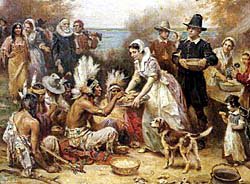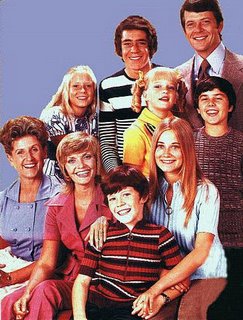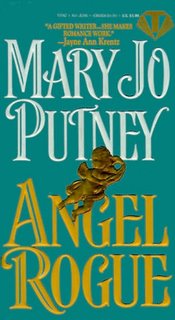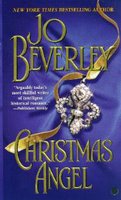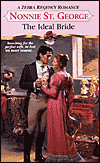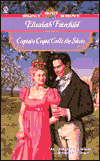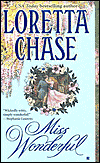How much does historical accuracy matter to you?
I ranted a bit on the subject yesterday…but now I’m calmer, and I’d like to know what everyone else thinks.

At the Austen movie exhibition at the Museum of Costume in Bath, they argued about the EMMA costume shown here, “Gwyneth Paltrow’s green and white dress, with its large, chocolate bow on the bodice, has none of the subtlety of the fabrics that other designers have used… In a way, the pattern looks more like a textile design from the 1970’s… This is just what Hollywood requires: simple dresses, simple messages.” So: does this dress bother you? Is it too anachronistic, or do you like the way it captures Emma’s “princess” role in her community? How accurate do you think fabric and cut need to be? Is having an accurate outline enough?
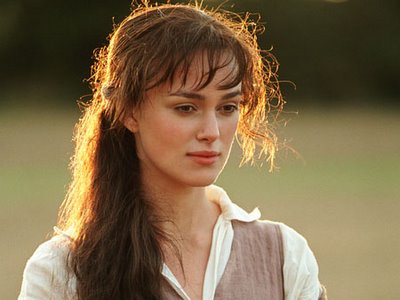
Or how about hair, and bonnets? Does it bother you that Emma goes outside throughout the movie with the hairstyle shown above, and no hat or bonnet? Or how about Keira Knightley’s Elizabeth Bennet, who skips a bonnet, and also has her hair down? Is that too ahistorical for you?
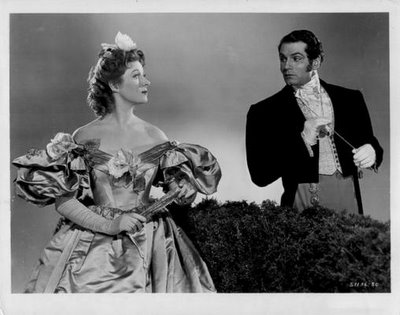
How about Greer Garson, in the 1940 PRIDE AND PREJUDICE movie? It is commonly said that in this film, they gave the men Regency styles, and the women the styles of a decade or two later….but doesn’t this dress also look very 20th century? Does it bother you that the women aren’t wearing dresses that are remotely Regency? And does Garson’s non-period hair bother you?


Here we have two shots of Embeth Davidtz playing Mary Crawford in the recent movie of MANSFIELD PARK. This, in my opinion, is the most anachronistic dress of all, but it does convey Mary Crawford’s slinkiness, and sophistication. Does this dress drive you bats? (I wish I could also find a photo of Miss Bingley’s sleeveless dress — I don’t believe one exists on the internet! But here’s her other dress, which is less wrong, but still odd.)
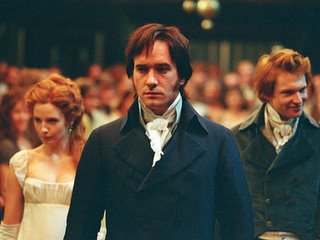
How about accuracy in books? When Heyer talks about the Little Season during the Regency, though it didn’t yet exist, does that annoy you? When another author’s hero runs away at eighteen and purchases a commission in the navy, do you shout at the book? When Sir William is also Sir Barton, and Lord Brighton is also Lord George, do you throw the book against the wall? Or are all of these annoyances minor to you (if indeed you notice them at all)?
What kind of inaccuracies bother you most? Easily checked facts, such as title, distances between towns, how fast a carriage could go? Or the mindset of the times? Or the rules of society?
Please share!
Cara
Cara King, www.caraking.com
MY LADY GAMESTER — Signet Regency, out now!!!

